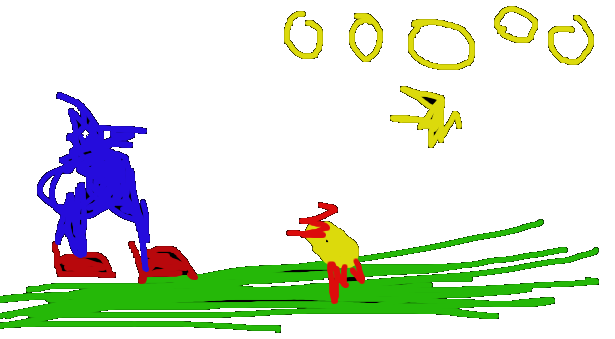The Retronomicon is an ancient text.
Composed by person or persons unknown, its provenance remains a mystery, though its first translation, from Greek, is credited to Commodorius Lemmingus circa 1140 AD. It was subsequently banned by Pope Gregory IX, Pope Celestine IV, Pope Innocent IV, Pope Alexander V, Pope Clement VI, Pope Benedict XII, Pope Urban V, Pope Boniface IX, and the Clarksville-Montgomery County School Board of Montgomery County, Tennessee.

Its entries, as they are, number over one thousand.
Its length is divided into four "Books."
Book I serves as a preface, a short introductory scrawl warning potential acolytes of the tome's power to "consume the soul and maketh thee very much confused."
As proof, it names one Genesi Sonicuum of Recklinghausen who, it is told, read the entire book in one night and poured hot candle wax into his eyes the following morning. He then set upon the main road in town, where he sang nonsensical songs and screamed nonsensical admonitions — about "green pastures, blue saviors, animals masqu'rading as machines 'gainst their volition, and other Unholy frivolities" — for seven days and seven nights, whereupon he dropped dead.

* Artist interpretation of Recklinghausen's vision
Book II, Book III, and Book IV catalogue, in more or less random order, a range of prophetic visions supposedly witnessed and subsequently interpreted by the author. They speak of a coming people — "a gen'ration, many years from anon" that will inherit "the gl'rious bounties of a fabl'd age, yet be besieged by stupidity and censorious simpletons and beslubbering, beef-witted ass-hatt'ry," and who will thus seek to recapture the beloved vestiges of the bygone era.
From Occultopedia:
Numerous copies probably exist in secret, and a fifteenth-century one is persistently rumoured to form part of the collection of a prominent American billionaire (no, not that one). A still vaguer rumour credits the preservation of a sixteenth-century Greek text in the Salem family of Prenderghast; but if it was so preserved, it vanished with the artist B.J. Prederghast, who disappeared early in 1926. The book is rigidly suppressed by the authorities of most countries, and by all branches of organised ecclesiasticism. Reading leads to terrible consequences.
This site, un grimoire de nostalgie et d'ardeur, is a diary of those terrible consequences.
